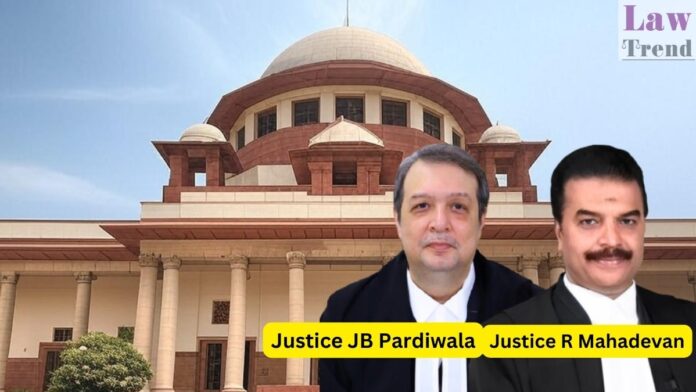In a significant ruling clarifying the procedural requirements under the Insolvency and Bankruptcy Code, 2016 (IBC), the Supreme Court on April 29, 2025, held that service of a demand notice under Section 8 of the IBC on the Key Managerial Personnel (KMP) of a corporate debtor at its registered office constitutes valid service. The Court
To Read More Please Subscribe to VIP Membership for Unlimited Access to All the Articles, Download Available Copies of Judgments/Order, Acess to Central/State Bare Acts, Advertisement Free Content, Access to More than 4000 Legal Drafts( Readymade Editable Formats of Suits, Petitions, Writs, Legal Notices, Divorce Petitions, 138 Notices, Bail Applications etc.) in Hindi and English.




